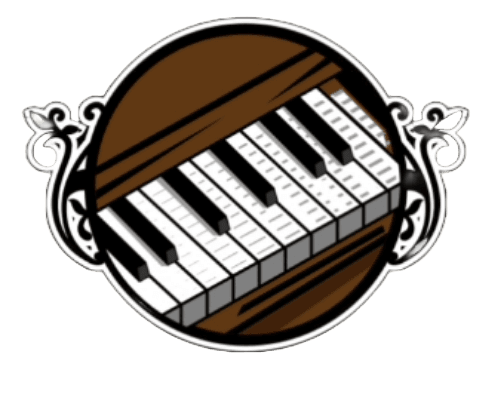Myth-Busting: Common Misconceptions About Learning Piano and Guitar
Introduction
Learning to play the piano or guitar is often surrounded by a variety of myths and misconceptions. These myths can create unnecessary barriers for those eager to pick up an instrument. In this blog post, we will debunk some of these common misconceptions and shed light on the reality of learning these popular instruments.

Myth 1: You Need to Start Young
One of the most persistent myths is that you need to start learning piano or guitar at a young age to become proficient. While it's true that children can learn quickly, adults can also successfully learn and master these instruments. In fact, adults often have the advantage of self-discipline and a better understanding of musical concepts.
The key is consistent practice and a genuine interest in the instrument. Regardless of your age, you can achieve your musical goals with dedication and perseverance.
Myth 2: You Must Have Natural Talent
Another common misconception is that only those with natural talent can succeed in playing the piano or guitar. While some individuals may have a natural inclination towards music, most successful musicians are the result of hard work and persistent practice.
Developing skills in piano or guitar involves understanding techniques, regular practice, and learning from mistakes. Remember, even the most talented musicians started somewhere, and their skills were honed over time.

Myth 3: It's Too Expensive to Learn
Many people believe that learning piano or guitar is an expensive endeavor. While there are costs involved, such as purchasing an instrument and taking lessons, there are affordable options available. For instance, digital pianos and entry-level guitars can be quite budget-friendly.
Additionally, there are numerous free resources online, such as video tutorials and free sheet music, which can greatly reduce costs. With careful planning, learning to play these instruments can be accessible to almost anyone.
Myth 4: Reading Music Is Essential
A common belief is that one must learn to read music to play the piano or guitar effectively. While reading music can be beneficial, it's not mandatory for everyone. Many accomplished musicians play by ear or use tablature for guitar, which doesn't require traditional music notation.
Ultimately, the goal is to enjoy playing music. Whether you choose to learn music theory or not, there are many paths to becoming a skilled musician.

Conclusion
Dispelling these myths is crucial for anyone interested in learning piano or guitar. By understanding the realities behind these misconceptions, aspiring musicians can approach their learning journey with confidence and enthusiasm. Remember, age, talent, cost, and reading music are not barriers—they're simply part of a diverse landscape of musical learning.
Embrace your musical journey with an open mind and enjoy the process of mastering your chosen instrument.
